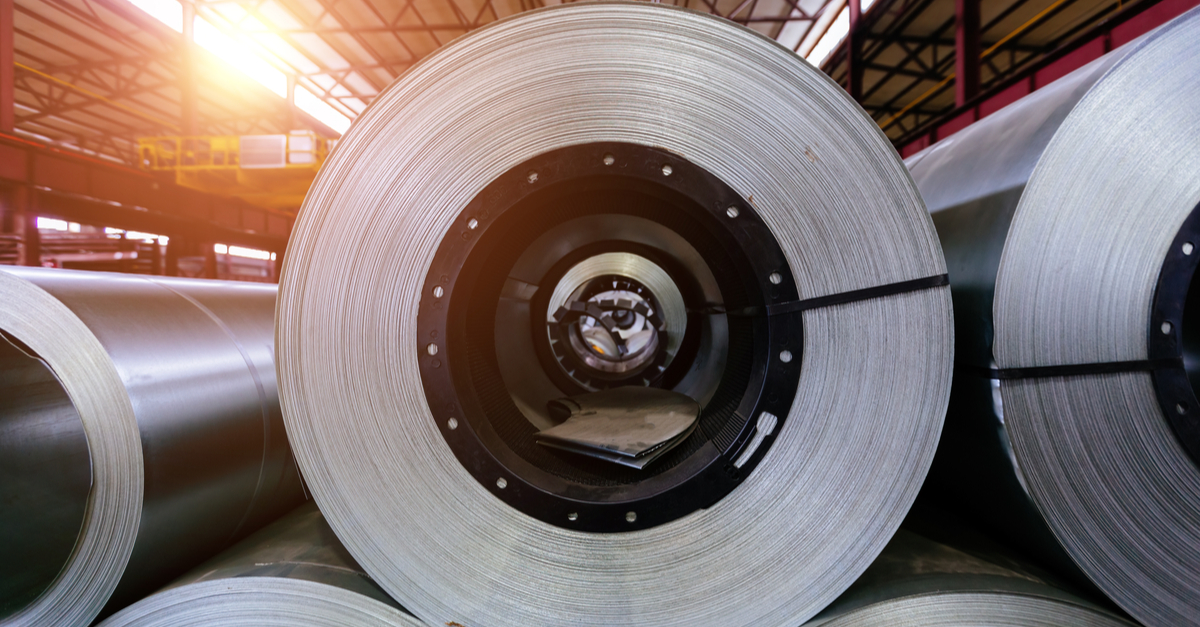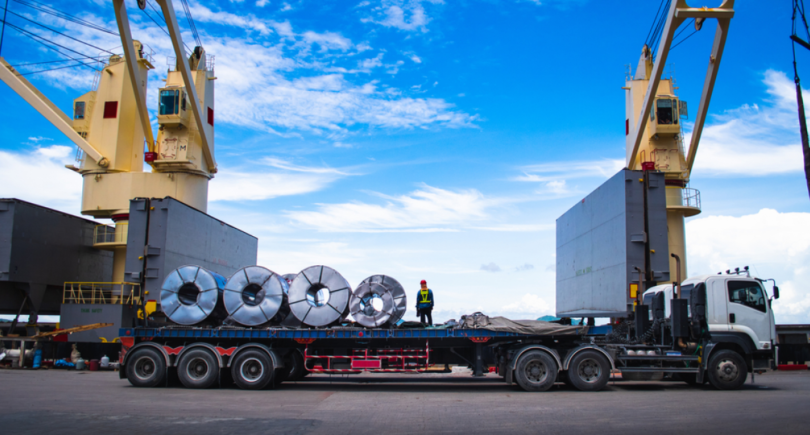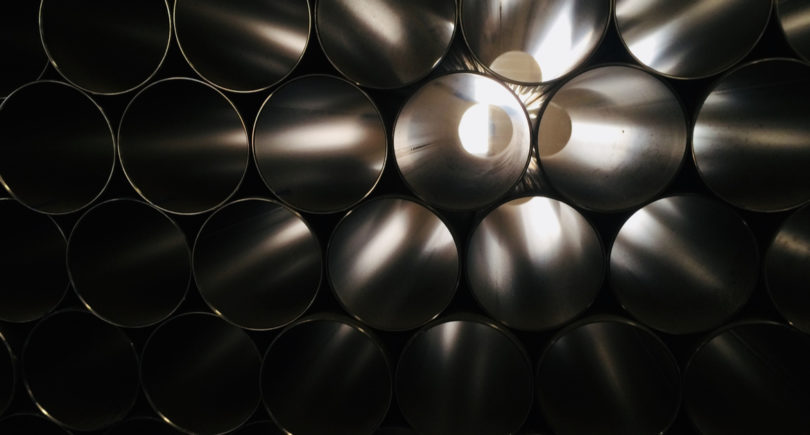
News Global Market Türkiye 1723 01 December 2023
Preliminary measures can be introduced already in December-January
The Turkish steel industry is expecting the introduction of provisional anti-dumping duties on hot-rolled coils from China, Japan, India, and the Russian Federation. This was stated by market participants on the sidelines of an industry conference in Istanbul this week, Argus.Media reports.
An anti-dumping investigation is currently underway against HRC imports from these countries. It is expected that preliminary measures may be introduced as early as December-January to cope with the growth of imports to Turkiye, especially from China. At the same time, part of the market is skeptical about the speed of the investigation.
«According to the provisions of the Law, a decision to apply a provisional measure may be made during the investigation, and the final duties may be applied retrospectively,» the Turkish Trade Ministry said.
According to market participants, dumping duties on Chinese HRC could range from 10% to 20% if the authorities decide to impose them.
In January-September 2023, HRC imports to Turkiye increased by 9.8% y/y – up to 7.4 million tons. The increase was driven by a jump in supplies from China – 2.4 million tons.
The threat of duties prompted Turkish buyers and traders to look for other sources of imports to meet their purchasing needs, in particular, Thailand and Malaysia.
Next year, Malaysia will commission new flat-rolled steel production capacity of 4.5 million tons per year, which is expected to attract interest in Turkey.
In January-October 2023, Turkiye’s steel capacity utilization dropped to 55% compared to 65.4% in the same period of 2022. Turkiye’s steel mills are negatively affected by low demand for steel and weak margins.
Steel production in Turkiye in January-October fell by 8.8% y/y – to 27.5 million tons.
As GMK Center reported, steel production in Turkiye in 2022 decreased by 12.9% compared to 2021 – to 35.1 million tons of TCUD expected to fall production by more than 13%. During the year, steelmakers exported 19.6 million tons of steel, which is 17.7% less year-on-year. The main factors for the decrease in production are the increase in production costs and the drop in global demand for steel.




